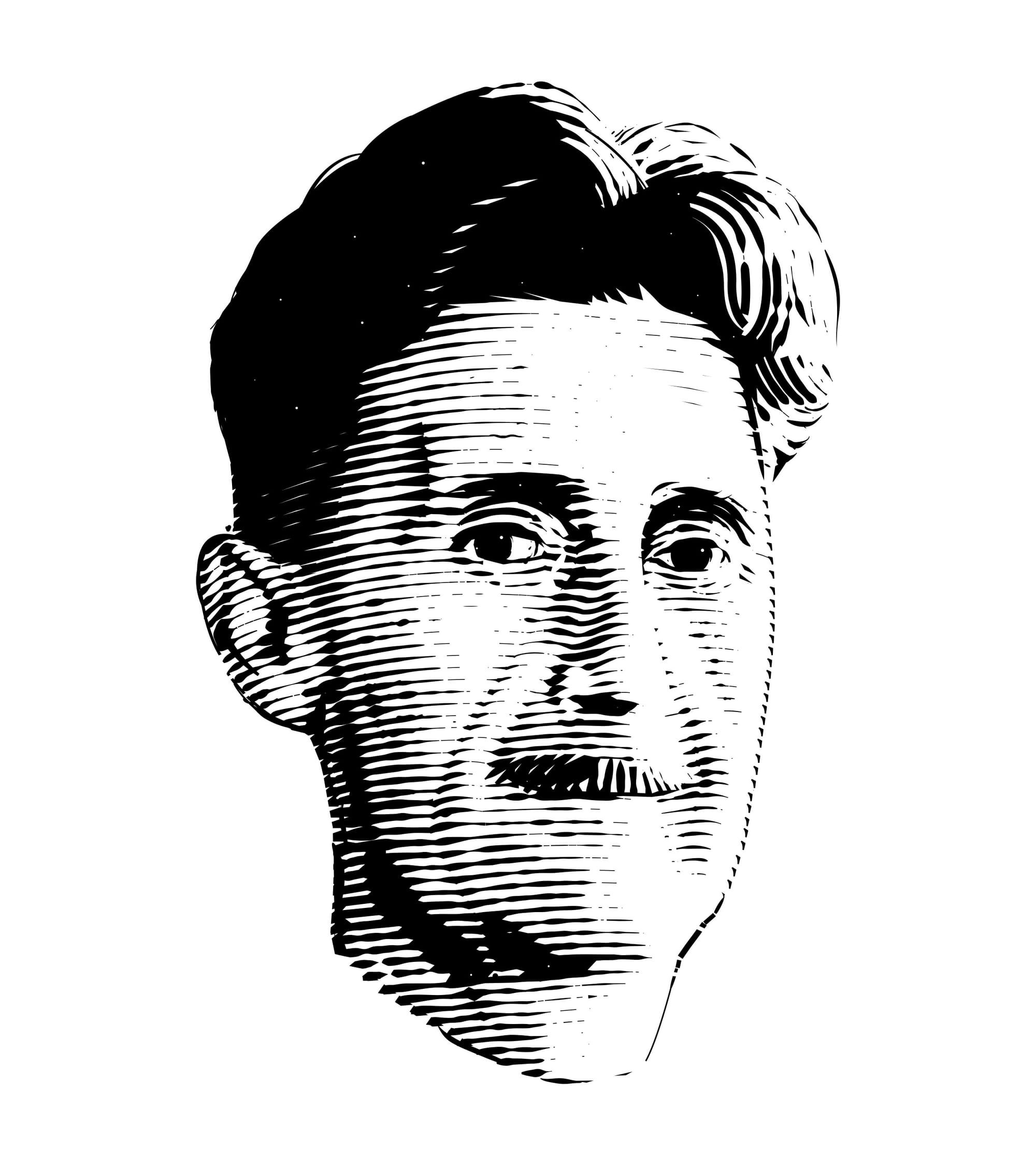Run on Vision, Not Just Resistance: Mamdani's NYC strategy
Free childcare and buses. Cheaper groceries. Lower rents. Whether or not you support Zohran Mamdani, who won the Democratic primary
Three questions to protect facts and freedom amid rising disinformation and propaganda

“Freedom is the freedom to say two plus two make four,” says Winston Smith, the main character in George Orwell’s 1984. “If that is granted, all else follows.”
This quote is key to understanding Orwell’s view of freedom and truth. In this era of rising disinformation and misinformation, it’s crucial to grasp exactly what Orwell meant.
FrameLab is a reader-supported publication. To receive new posts and support my work, consider becoming a free or paid subscriber.
Notably, Orwell did not say that freedom means the freedom to say two plus two makes five. Such an equation would be demonstrably untrue. In fact, it was the bad guys in 1984 — the totalitarian Big Brother government — who Orwell depicted as likely to make such an absurdly false claim.
From 1984:
In the end, the Party would announce that two and two made five, and you would have to believe it … For, after all, how do we know two and two make four? Or that the force of gravity works? Or that the past in unchangeable?
Orwell clearly believed that objective facts do exist — and that those who deny the existence of objective facts are the villains. This is important because, every once in a while, the authoritarians, propagandists and reactionaries try to claim Orwell as one of their own.
Such efforts are diametrically opposed to everything we know about the English writer’s life and works. Among other things, Orwell was an avowed socialist who went so far as to take up arms against fascists in Spain. But the facts never stop certain people from making up their own alternate reality, however disprovable and ridiculous.
What could be more Orwellian than claiming Orwell would have supported authoritarians and lies? That would be like saying 1984 was about the benefits of totalitarian surveillance states … or claiming that Orwell was a conservative because he fought on the Republican side in the Spanish Civil War (the word “Republican” having an entirely different meaning in this context).
Still, we have seen a dedicated and ongoing effort by Orwell’s ideological opposites to co-opt his work in favor of their cause.
“We are living Orwell's 1984,” wrote Donald Trump’s son, Don Jr., to his millions of followers on Twitter after the platform banned Trump in the wake of the Jan. 6 insurrection. “Free-speech no longer exists in America.”
In October, Elon Musk — currently promoting the debunked Pizzagate conspiracy theory on Twitter — posted a photo of his new t-shirt, which was emblazoned with the words “What would Orwell think?” alongside a Big Brother-like eye.
“The work to which these Orwell-enthralled conservatives are most commonly drawn is, of course, 1984,” wrote Max Fawcett in Canada’s National Observer in 2021. “They seem to think its critique of authoritarianism and the provisional role truth plays in its shadow validates their maximalist view of free speech on anything from COVID-19 conspiracy theories to bigotry directed at minorities, immigrants and the LGBTQ community. Any attempt to curtail hate speech or contain the spread of misinformation is, in their eyes, a textbook example of the ‘thought police’ from the book’s fictional superstate of Oceania.”
The skewed conservative interpretation of Orwell holds that freedom means the freedom to spread lies about topics like the 2020 election, COVID, vaccines or anything else. It depicts any effort to challenge falsehoods as an attack on this supposed freedom, and as a form of “thought control” in line with 1984’s totalitarian Big Brother. It vilifies fact-checkers, journalists and social media content moderation policies as enemies of freedom. According to its twisted upside-down logic, liars are defenders of liberty and truth is a form of oppression.
It is not really possible to debate what Orwell thought about propaganda. That’s because his considerable body of work speaks clearly and powerfully to the issue. Across multiple works, he asserts that the warping of reality through lies and disinformation is a key tactic of despots. As such, he emphasizes the necessity of using evidence and facts to determine the truth.
Remember: Winston Smith, 1984’s main character, has a job revising history by deleting select facts from the official archives on behalf of the Ministry of Information. The goal of the Ministry of Information is to eliminate unsavory facts and truths, thus changing history to suit the whims of the totalitarian dictatorship. Its chilling motto — “Who controls the past controls the future; who controls the present controls the past” — makes clear that true power is the power to manipulate the perception of reality.
We see a similar effort today as authoritarian Republicans deny, in defiance of clear facts and evidence, that Trump lost the 2020 election. The basic belief of Trump supporters — that the loser is actually the winner — is just another version of “two plus two make five.”
And in yet another perversion of Orwell’s work, they depict anyone who attempts to fact check or contextualize these false claims as working for the “Ministry of Truth.” Of course, they themselves are the ones attempting to delete the facts to manipulate reality. Therefore, they are the ones in clear alignment with Orwell’s fictional dictatorship.
It can be frustrating to unwind twisted tangles of highly-designed lies. But those who argue that truth is whatever they say appear to have forgotten most of history, during which humankind figured out various ways to decide between facts and falsehoods. For example, the Greeks categorized the major logical fallacies over 2000 years ago. In addition, law, science and business largely depend on our ability to agree on general sets of facts. So the argument that there is no such thing as an objective fact runs contrary to the basic infrastructure of civilization.
In light of all of this, below you will find an experimental idea for discerning whether something is disinformation, misinformation or propaganda, etc. In honor of George Orwell, who inspired this effort, it’s called The Orwell Test. It consists of three questions that should be applied to any piece of information in order to determine whether it is lying propaganda.
The Orwell Test
1. Facts: Is the information supported by facts that can be confirmed through established methods of validation, meeting legal, scientific or logical standards of proof?
2. Source: Is the information from a provider with a history of accurate reporting?
3. Method: Does the source use professional and accepted techniques of factual reporting without relying on deceptive tactics or logical fallacies?
If the answer to any one of these questions is “no,” be highly suspicious of the information. Then go on to the next two questions.
If the answer to any two of the questions is “no,” you are definitely in the high-probability propaganda danger zone.
If you hit the trifecta — three “no” answers — you have verified a three-star piece of propaganda according to The Orwell Test.
There are other checklists for rooting out misinformation and disinformation, but we wanted to put together something short and easy to use. We are open to any suggestions for how to improve this model or make it more comprehensive.
You can leave a comment below or send an email.
— Gil Duran | FrameLab
Further reading:

FrameLab is a reader-supported publication. To receive new posts and support my work, consider becoming a free or paid subscriber.
Subscribe